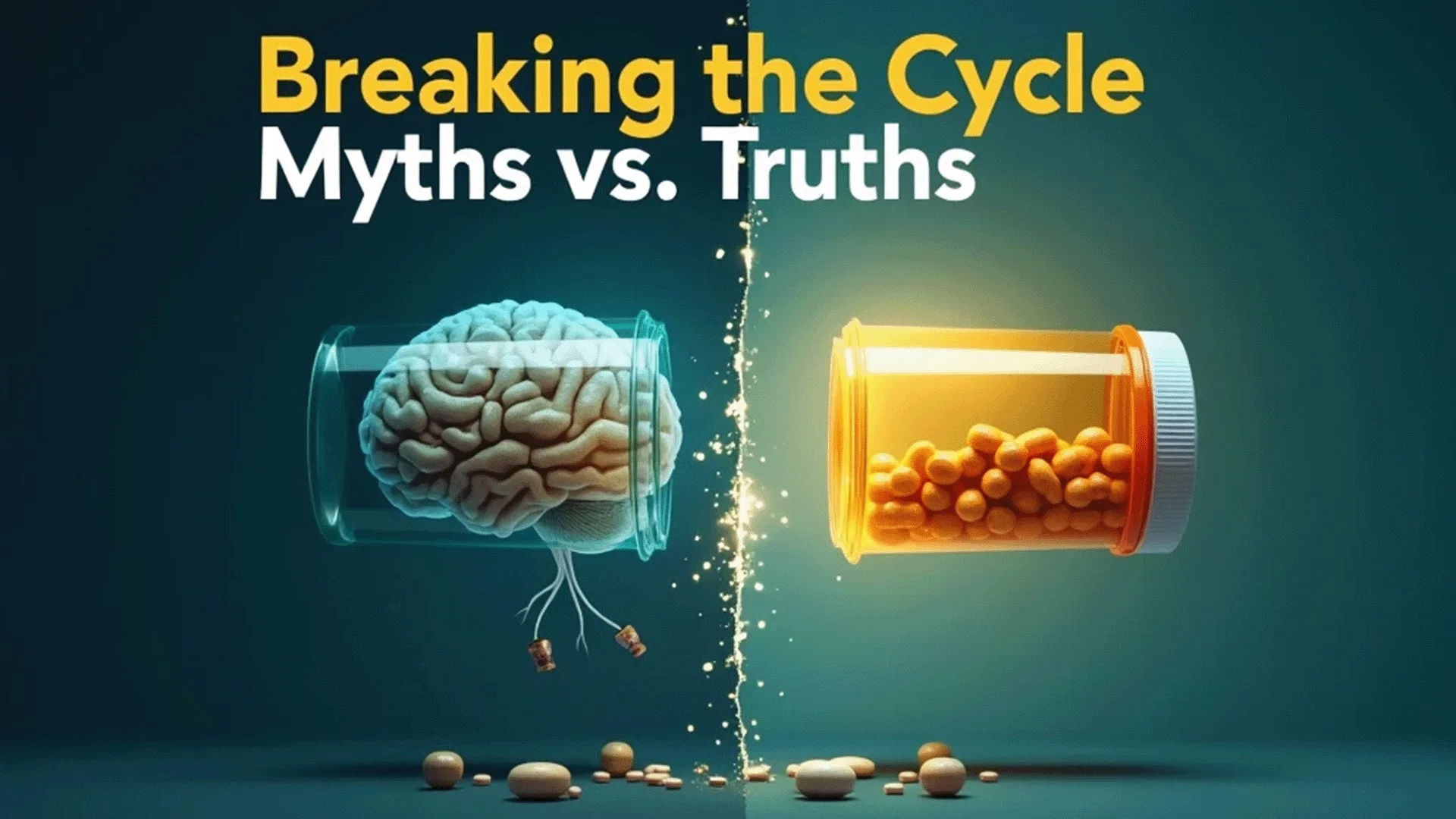ADHD medication dependency is a hot topic, but what does it really mean? Are you relying too much on medication—or are you simply managing your symp
ADHD medication dependency is a hot topic, but what does it really mean? Are you relying too much on medication—or are you simply managing your symptoms? Let’s unpack the nuances of ADHD medication dependency and learn how to balance treatment for long-term success.
Introduction: The Medication Debate That Never Ends
ADHD, or Attention-Deficit/Hyperactivity Disorder, affects millions of people worldwide. While many turn to medications for relief, the fear of “dependency” often looms large. But is this fear justified? Or is it a misunderstanding of what medication is meant to achieve?
Understanding ADHD medication dependency requires breaking down misconceptions, exploring alternatives, and embracing a holistic treatment approach. This article takes a deep dive into the dependency debate, using the “But and Therefore” framework to simplify this complex topic.
What Does Dependency on ADHD Medication Really Mean?
Physiological vs. Psychological Dependency
Many people worry about becoming “dependent” on ADHD medications, but the term can mean different things:
- Physiological Dependence: This occurs when the body adapts to medication, leading to withdrawal symptoms if the medication is suddenly stopped. However, this is not the same as addiction, which involves compulsive use despite negative consequences.
- Psychological Dependence: This refers to feeling like you can’t function without the medication. While this can be unsettling, it’s not inherently bad—especially if the medication is improving your quality of life.
But it’s important to understand that dependency doesn’t equal weakness. Instead, it reflects the reality of managing a chronic condition.
Functional Dependence: A Reality for Many
People with ADHD often describe their medication as a lifeline, helping them focus, organize, and regulate emotions. While this might feel like dependency, it’s no different than relying on glasses for better vision.
Therefore, reframing dependency as a tool for empowerment rather than a crutch can alleviate much of the anxiety surrounding ADHD medications.
Why ADHD Medications Are Prescribed
Symptom Management: More Than Just Relief
ADHD medications are not a cure; they’re a tool for managing symptoms.
But their role goes beyond symptom control:
- Improved Daily Functioning: Medication helps individuals tackle tasks that were previously overwhelming, from focusing at work to managing household responsibilities.
- Long-Term Health: Left untreated, ADHD can lead to secondary issues like anxiety, depression, and poor physical health. Medication can mitigate these risks by improving self-regulation and reducing stress.
Long-Term Goals of ADHD Medication
The ultimate goal isn’t lifelong reliance on medication, but rather to empower individuals to manage their condition effectively.
Therefore, understanding the purpose of medication can help demystify its role in ADHD treatment and reduce feelings of shame or inadequacy.
Your Depression Has Been in Control Long Enough!
Treatment Options: Stimulants vs. Non-Stimulants
The Fast vs. Slow Approach
ADHD medications fall into two main categories:
| Type | Start Time | Effectiveness |
|---|---|---|
| Stimulants | Immediate (24–72 hours) | Rapid symptom relief |
| Non-Stimulants | Delayed (weeks) | Equally effective over time |
But many people prefer stimulants due to their quick onset, often perceiving them as more effective. This can create a bias against non-stimulants, even though they can work just as well in the long run.
Weighing the Pros and Cons
- Stimulants: Fast-acting, highly effective, but may cause side effects like insomnia or appetite loss.
- Non-Stimulants: Slower to take effect but offer a smoother experience with fewer side effects.
Therefore, discussing all options with a healthcare provider is crucial to finding a treatment that fits your lifestyle and needs.
The Role of Psychotherapy in ADHD Treatment
Medication is often the first line of defense, but psychotherapy plays an equally vital role.
Skill Development for Long-Term Success
Psychotherapy helps individuals develop skills that reduce reliance on medication.
But what specific skills does therapy offer?
- Organizational Techniques: Learning how to break tasks into smaller, manageable steps.
- Coping Strategies: Developing tools to manage emotional dysregulation and impulsivity.
- Mindfulness Practices: Building awareness of triggers and cultivating focus.
A Partnership, Not a Replacement
Therapy isn’t about replacing medication; it’s about complementing it.
Therefore, a combined approach often leads to better outcomes than medication or therapy alone.
Addressing the Fear of Dependency
Why “Dependency” Shouldn’t Scare You
The stigma around medication dependency often stems from misunderstanding.
But consider this: Dependency is only problematic if it causes harm. For people with ADHD, medication often reduces harm by improving quality of life.
Reframing the Narrative
Instead of viewing dependency as a failure, see it as a form of support—just like using a cane to walk or glasses to see.
Therefore, embracing the benefits of ADHD medication can lead to greater acceptance and less anxiety.
Key Takeaways: What You Need to Know
- Dependency vs. Dependence: Being dependent on ADHD medication doesn’t mean you’re addicted. It’s about managing a chronic condition effectively.
- Medication Goals: The purpose of ADHD medication is to improve daily functioning and long-term health.
- Treatment Options: Stimulants and non-stimulants both have their place; the right choice depends on individual needs.
- Psychotherapy Matters: Therapy provides skills and strategies that can reduce reliance on medication over time.
Conclusion: Finding Balance in ADHD Treatment
Navigating ADHD medication dependency is a personal journey filled with choices and challenges. But understanding the nuances of dependency, exploring all treatment options, and integrating therapy can lead to a more empowered approach to ADHD management.
Therefore, don’t be afraid to ask questions, seek second opinions, and advocate for a treatment plan that aligns with your goals. With the right balance of medication, therapy, and self-awareness, living with ADHD doesn’t have to feel like a constant battle—it can be a manageable, fulfilling experience.


